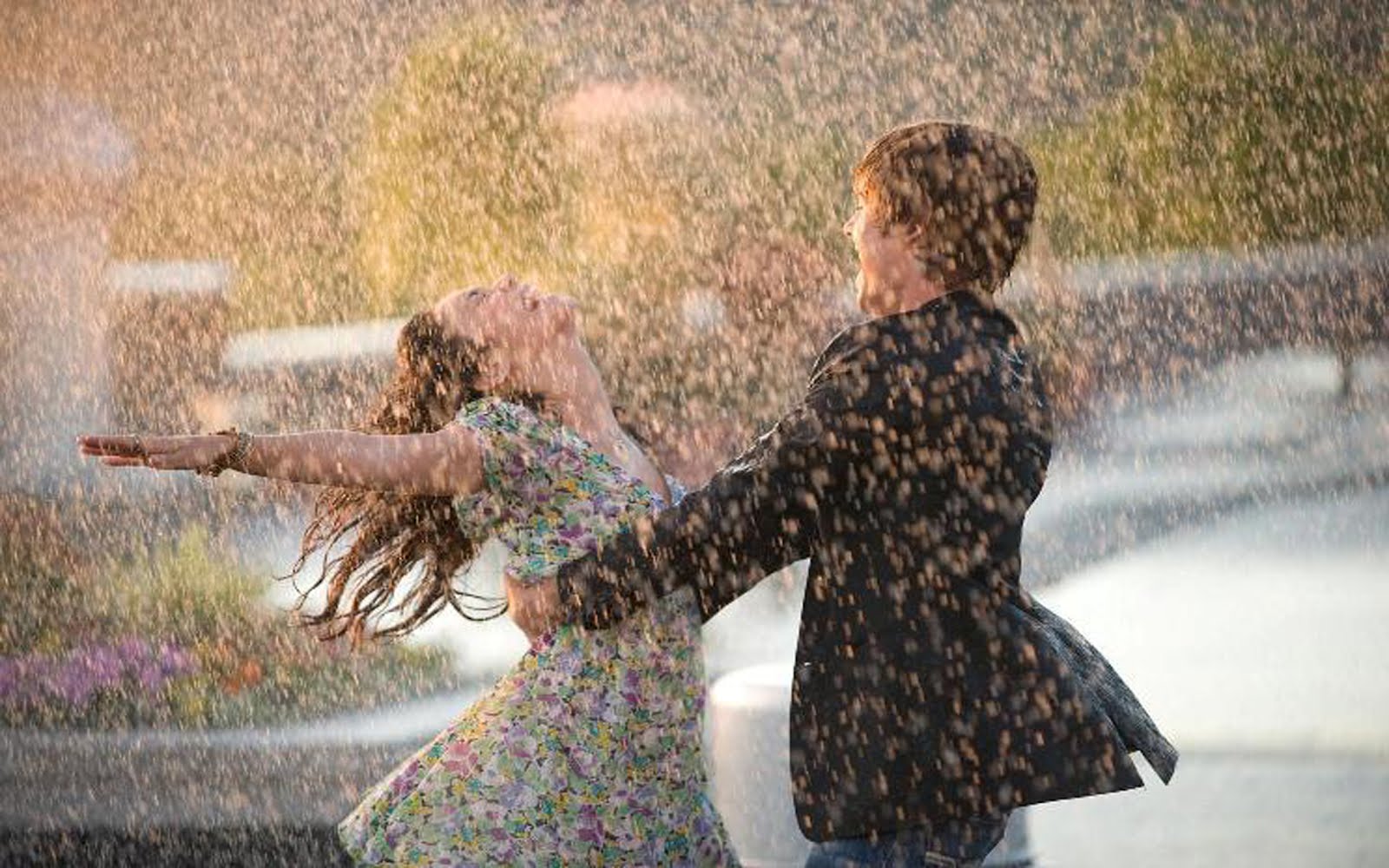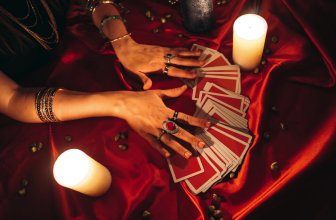
When a loved one dies, nearly everyone is drawn to nostalgia and has to fight against the temptation to idealize the past.
And those grieving a death aren’t the only ones caught in this struggle. Do to the stresses of modern life, our culture as a whole often nostalgically longs for the past. We idealize the past as easier and more fun, when things were better and more pure. Analyzing the psychology of this issue leads to dozens of insightful articles by reputable doctors and researchers.
One common way this manifests itself is when people meet someone for the first time, but feel like they’ve known that new person for much longer. It’s likely that the new person is causing old memories to surface. Those memories can involve a childhood pattern of behavior, or memories of your past that could be positive or negative. If the memories are negative, you may find that you can now face them, get over them, and move forward in all of your relationships a more healthy way.
Many people find themselves struggling over and over again with abuse in relationships, but these relationships don’t necessarily involve just one person. Some people are stuck in those repetitive relationships with several different romantic partners or members of their family. It’s almost like they’re seeking what’s familiar to them, even though it’s damaging them.
To move out of this damaging behavior problem and move on in a more healthy way, people need to get over their attraction to abuse. Just because a behavior has become familiar doesn’t mean that it’s healthy. People are attracted by instinct to what is familiar. What an eye-opener!
Nostalgia often builds an urge in people to recreate the past in the present. It becomes a driving behavioral force. Think about how often people marry a spouse with characteristics–both positive and negative–that remind them of their parents. Or how “throwback” products have become increasingly popular.
How excited are you when you hear that “throwback” soda pop makes a comeback? The marketers are counting on the power of nostalgia to sell their product. The soda pop of your carefree youth, made with pure sugar instead of that new-fangled high fructose corn syrup. What could be better than chugging a whole can of pure sugar?!
Trying to embrace the moment at hand can sometimes be burdensome. Like when we’re facing a new and unfamiliar way of life without a beloved spouse or child. It’s perfectly sensible that we would rather let our emotions linger in an ideal past rather than try to deal with the difficult and sometimes crushing reality we instead face.
There are some positive aspects of nostalgia that can help people who are grieving, Nostalgia can serve the function of helping us remember experiences we cherish, and feel reassurance that we are still a valuable person with a meaningful life.
But it’s important for us to recognize our natural tendencies to act upon feelings of nostalgia.
For our own healing process and mental health, we must strive to find a balance between the past and the present. Allowing the positive feelings of our previous experience of connection and love can give us purpose as we forge ahead into the unknown. But we must be sure that is all we let them do. We need to make sure we balance our desire to return to the past with a healthy dose of wisdom: we certainly tend to view the past through the proverbial rose-colored glasses.
Yes, we’ve all enjoyed wonderful times in the past. But it’s important to remember that we possess the strength to create wonderful times in the present as well as in the future. We must use that strength to help us leave the past in the past, and move forward in our lives.






The article poignantly highlights the dichotomy between nostalgia and present reality. It prompts one to consider how our emotional attachments to the past can both comfort and hinder our growth in the present. Understanding this balance is vital.
‘Nostalgia’s role in healing is intriguing yet paradoxical. While it can offer solace during grief, one must tread carefully not to lose sight of the present opportunities for connection and joy that life continually presents.’
The interplay of nostalgia and personal growth is a complex subject deserving of further discussion. While reminiscing can be comforting, it is essential to recognize its potential to trap us in unproductive cycles, especially concerning relationships.
‘This article adeptly navigates the complexities surrounding human attachment to nostalgia. The discussion regarding relationships reveals essential truths about patterns we might unconsciously replicate—insightful food for thought indeed.’
‘Throwback’ culture exemplifies our collective yearning for a simpler time. However, as highlighted in this piece, we must recognize that clinging too tightly to nostalgia may prevent us from appreciating the richness of our current realities.
This exploration of nostalgia resonates deeply within the modern psyche. The author effectively articulates how we often romanticize the past, which can detract from our ability to engage fully with current experiences and relationships.
In reflecting on this article, one cannot help but appreciate the nuanced view of nostalgia as a double-edged sword. It serves as both a reminder of cherished moments and an impediment to embracing new experiences that await us.
While nostalgia often evokes positive emotions, it is imperative that we remain vigilant against idealizing the past excessively. This article provides valuable insight into how this phenomenon influences not only individual lives but societal trends as well.